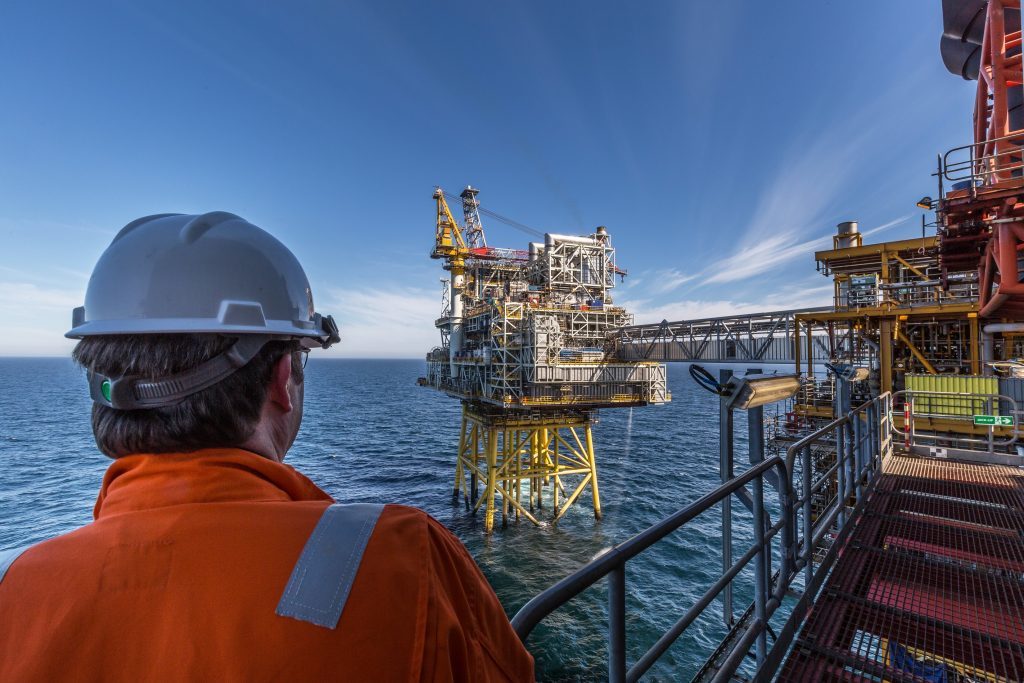
North Sea production efficiency is on the rise for the fourth consecutive year, topping out at 73%.
The increase represents an additional 12 million barrels for the basin.
The new figures, released by the Oil and Gas Authority (OGA), are just below OGA’s target of an 80% production efficiency rate by the end of 2018. In 2016, there was a potential ‘prize’ of an additional 160,000 boe a day equating to 59 million boe a year from all hubs hitting an average PE of 80% in the UKCS
In 2016, 38% of hubs met or exceeded the overall target of 80% for the UKCS, compared to 30% the previous year
OGA operations director Gunther Newcombe said:”Industry’s combined persistence and focus on increased production efficiency in the UKCS has delivered an additional 12 million barrels in the past 12 months. This is playing an important role in delivering MER UK.
“There remains more work to be done to meet the OGA and industry’s joint PE target of 80%. In 2016, there was the potential to increase UKCS production by 29 million barrels. If these projects were completed, this would have increased UKCS PE by another 3%.
“Operators in the UKCS today are working in a diverse landscape, many operating mature assets, in increasingly interdependent fields with vastly differing scales of production and ranges of efficiency. This report highlights no correlation between total size of production and efficiency with examples of highly efficient large producers, less efficient small producers and vice versa.”
There has been an overall 13% jump in PE since 2013. Over the past four years, increases of up to 57% have been seen in operator production efficiency, according to the OGA. At total of 88% of operators have increased efficiency over the past 12 years.
Matt Nicol, Production Efficiency Task Force (PETF) chairman said: “The report highlights industry has improved for a fourth consecutive year, and increased PE from 60 to 73%. This is great progress but we still have more to do to achieve the 80% target.
“Plant losses have reduced significantly again, and the PETF’s TAR and Gas Compression work groups have helped industry in these key areas. Export system losses are a concern, and the PETF formed the Terminals work group in 2016 to focus on this issue. I’d like to thank all the industry volunteers who provide their time and knowledge to support the PETF, and it’s great to see their hard work making a real difference.”
Recommended for you
